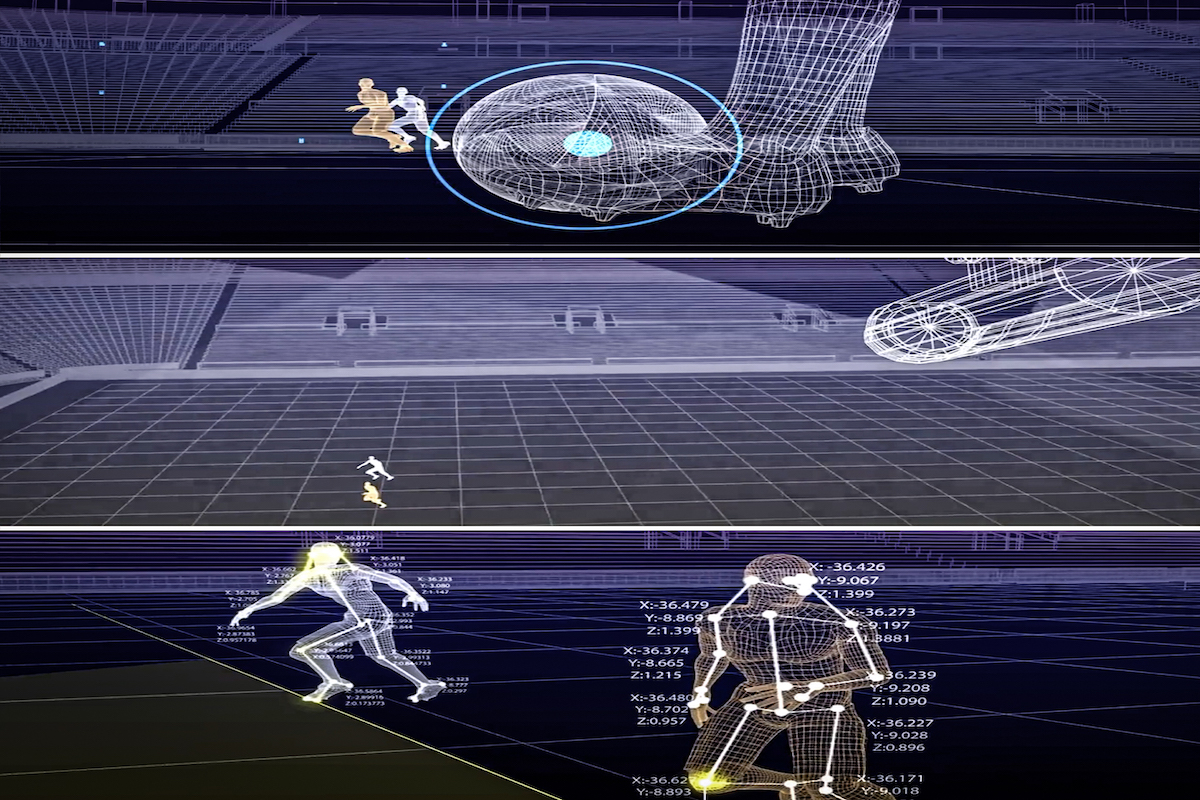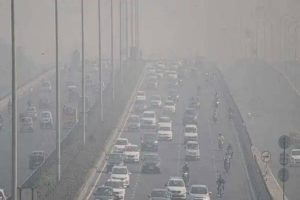Scientists of the Indian Institute of Geomagnetism (IIG), an institute of the Department of Science and Technology have recently developed a model for high frequency (HF) radio wave propagation through the ionosphere which helps in studying the impacts of space weather effects on the ionosphere and Sky wave communication systems.
The HF radio propagation model developed by IIG scientists has important applications in planning the right strategies for the operation of Sky wave communication systems during active space weather periods.
Advertisement
The ionosphere is a region of Earth’s upper atmosphere ranging from about 100 – 1000 km and acts as a gateway for radio communication between the ground and space. Radio waves of certain frequencies (HF band) are reflected back to the ground by the ionosphere which facilitates long-distance HF communications beyond the horizon, known as Skywave communications.
Despite the increasing use of satellite communications, traditional long-distance high-frequency (HF) radio communication remains a vital means of communication during situations like natural disasters, mid-ocean surveillance, over-the-horizon target detection, and so on.
The development of such strategies is essential for ensuring reliable Sky wave communication systems in the face of natural disasters and other emergencies.
In their recent study published in the journal Space Weather, a group of scientists from IIG have found a deep depletion of the ionosphere over the low latitudes of the Indian sub-continent region due to a severe geomagnetic storm on 17th March 2015.
Severe ionosphere disturbances that arise due to a range of space weather events like Solar flares, Coronal Mass Ejections (CMEs), and Geomagnetic storms significantly affect Sky wave communications. This variability of ionosphere due to disturbances in space weather can significantly limit the usage of Sky wave communications. The HF radio wave propagation model developed by IIG scientists indicates that this ionosphere depletion can severely limit the usable HF spectrum by more than 50% for Sky wave communication during this disturbed period.
Also, the skip-zones where the Skywave signals are not receivable are expanded for very large areas resulting in the loss of communications. This information is crucial for developing robust strategies in mitigating the space effects on Sky wave communication systems.











